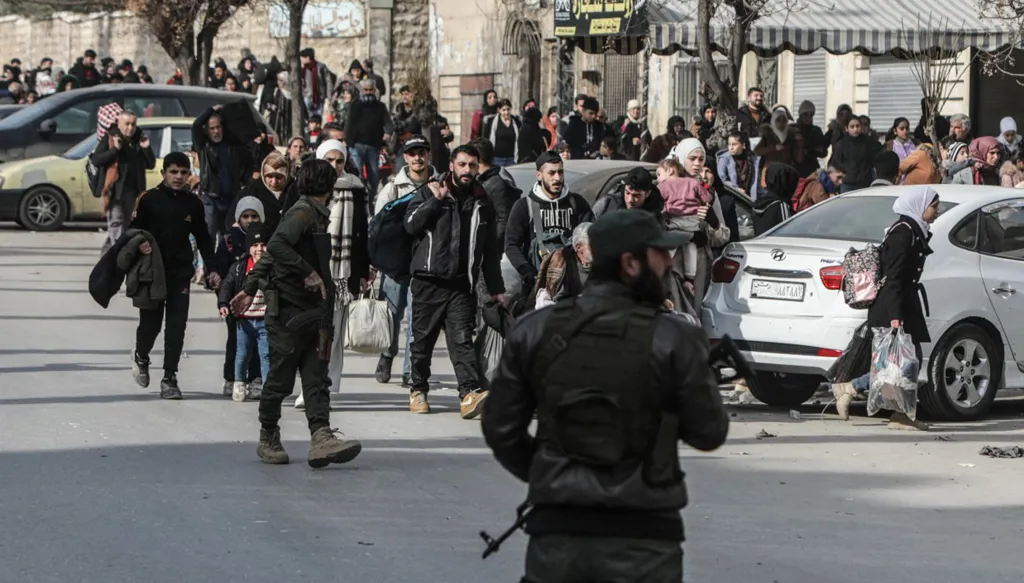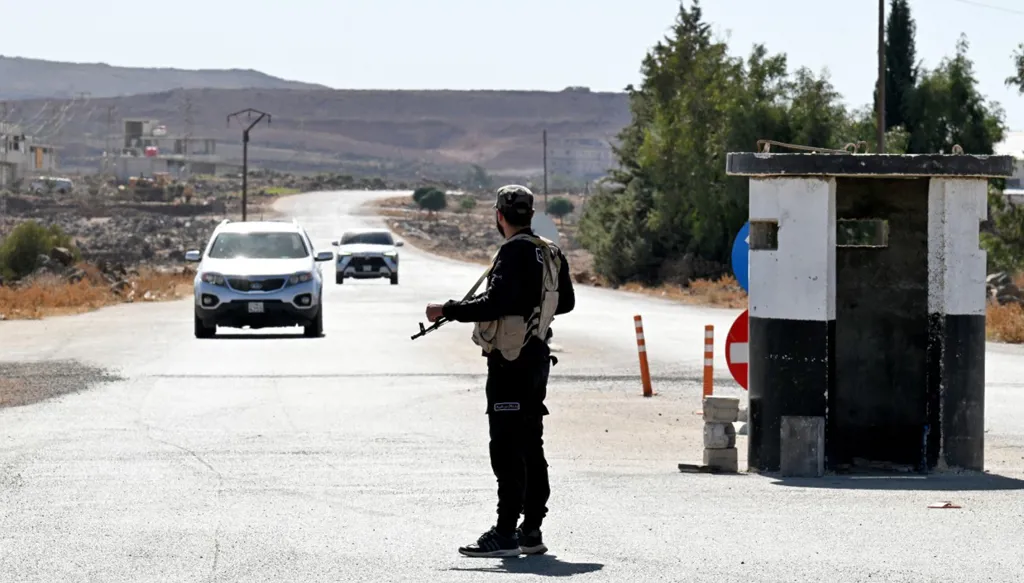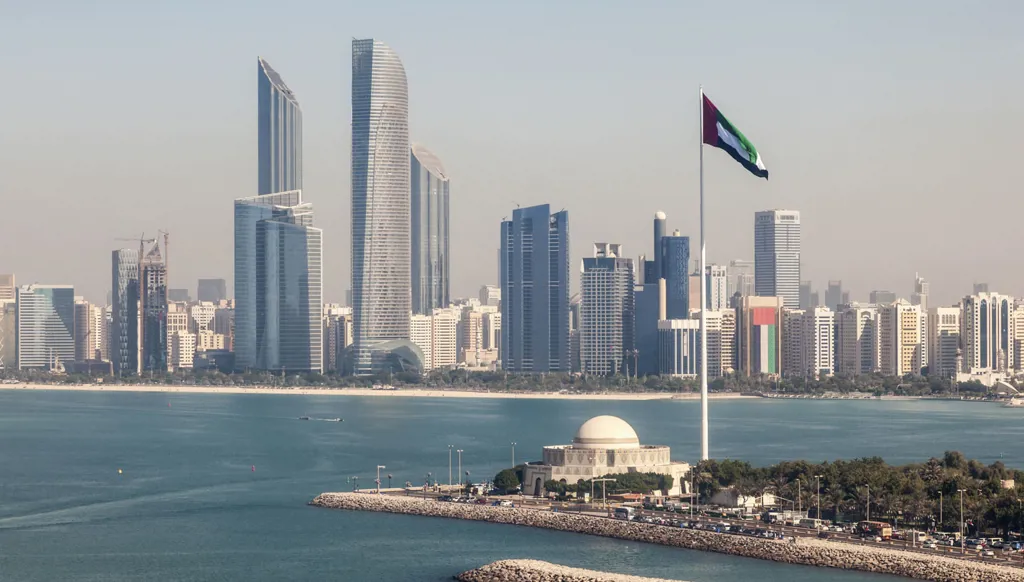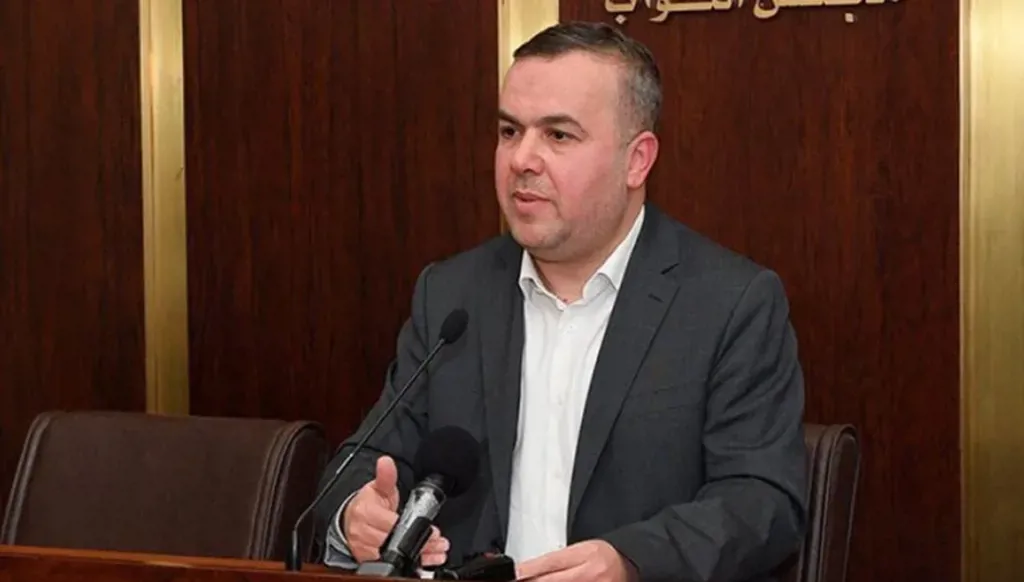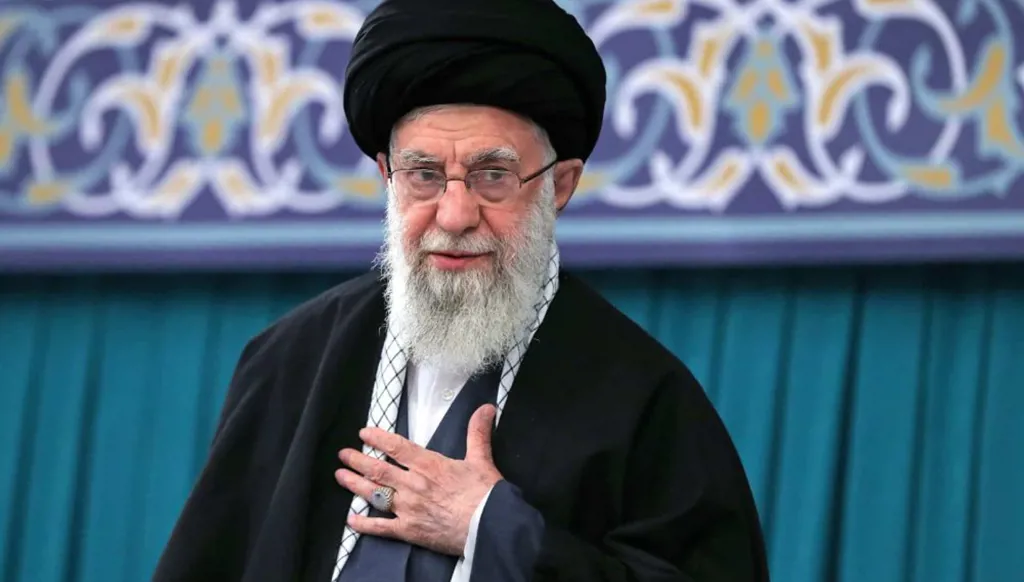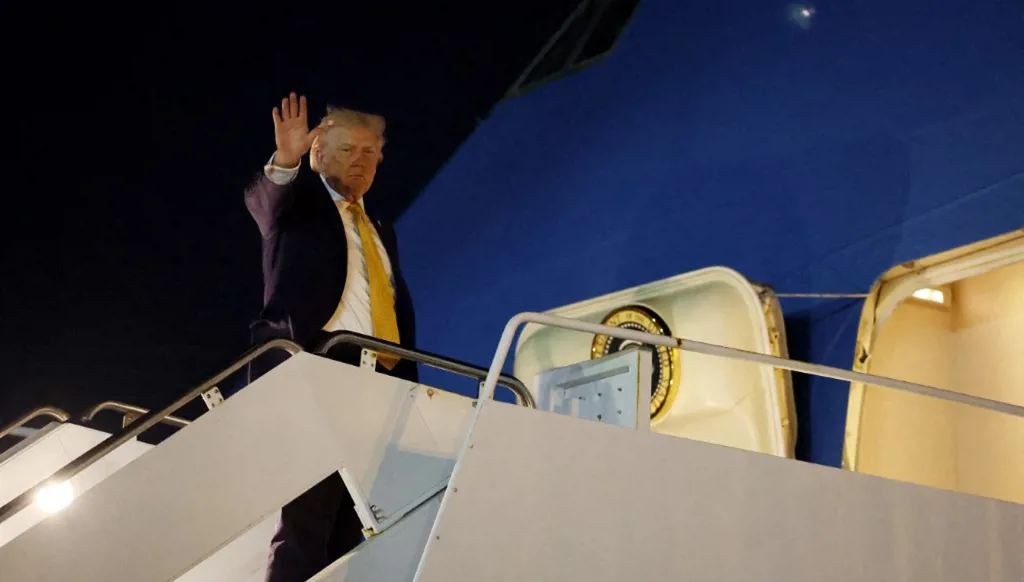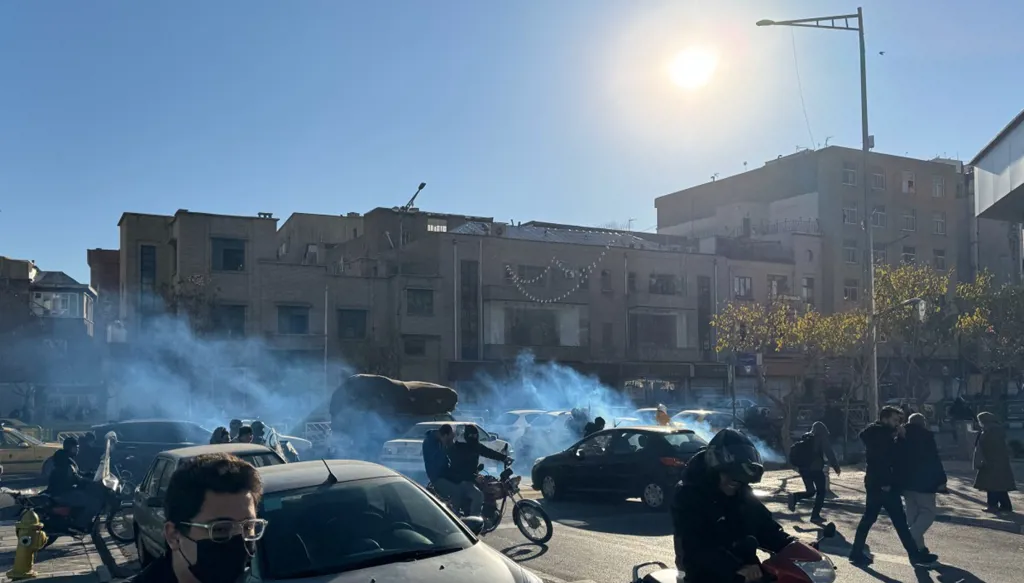آراء
16-08-2023 | 16:18
The challenges of a Sovereign Wealth Fund, a Public Asset Management Company (PAMC) or a Sovereign Investment Trust Fund (SITF)
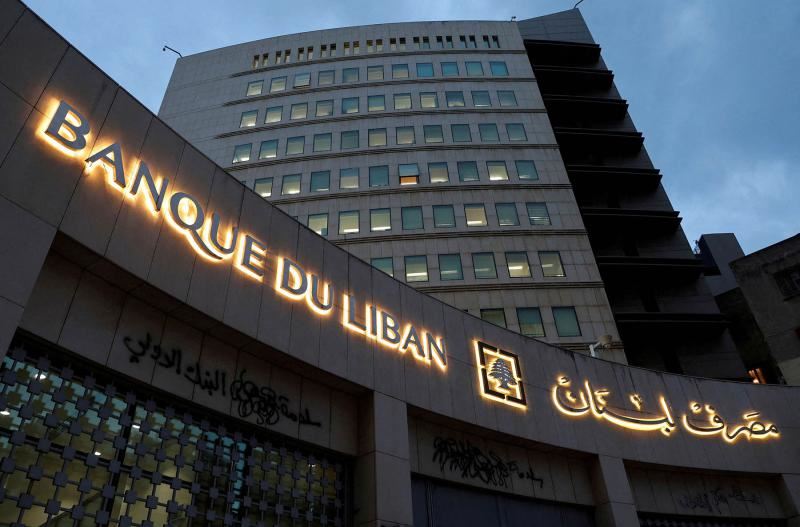
Central bank. (AFP)
Michel Fayad*
I proposed the creation of a Sovereign Wealth Fund to manage the state’s assets and ownership in mid-December 2019 in the columns of An Nahar, following the advice of Dr. Fouad Abou Nader: "In 1967, the Lebanese Parliament passed the "Intra Law", which set new rules and procedures for bank failures to avoid outright bankruptcy and liquidation.
Indeed, in 1966, Intra Bank was forced to suspend payments following a run on the bank that depleted its cash reserves. Intra had only a few large depositors, limited cash reserves and long-term investments in property. This law allowed for the restructuring of Intra rather than its pure liquidation: deposit obligations were replaced by shares in a new financial institution, the Intra Investment Company. A similar law could be drafted to restructure Lebanon's debt. The debt held by the banks must be exchanged for shares in a newly created sovereign fund consisting of Middle East Airlines (MEA); Touch and Alfa (the two mobile phone operators); Casino du Liban; 20% of future oil and gas revenues from the two blocks awarded for exploration to Total, ENI and Novatek; Electricity & Water Management.
75% of deposits over $1 million would be converted into equity in these banks. The new sovereign fund and all alpha banks could then be listed on international stock markets, including New York, London, Frankfurt, Shanghai, Hong Kong and Singapore (even if they have to start on secondary markets). "
75% of deposits over $1 million would be converted into equity in these banks. The new sovereign fund and all alpha banks could then be listed on international stock markets, including New York, London, Frankfurt, Shanghai, Hong Kong and Singapore (even if they have to start on secondary markets). "
Immediately after the publication of my article, I discussed it with Alain Bifani, then director general of the Ministry of Finance. At the end of April 2020, President Michel Aoun and the Council of Ministers approved the recovery plan, which was drafted mainly by Lazard Bank and the Ministry of Finance. The plan incorporated my proposal, as it touched on the creation of a Public Asset Management Company (PAMC) to hold the government's main assets (stakes in companies and real estate) and the creation of a Sovereign Wealth Fund (SWF) to manage the oil and gas assets and invest outside Lebanon.
I then wrote a new article in these columns : "A law could be drafted to restructure Lebanon's debt. Part of the debt held by the banks must be exchanged for shares in a newly created sovereign wealth fund (SWF) - structured and managed as a private company to generate value that could not be created before - which would include: - Middle East Airlines (MEA), valued by Central Bank Governor Riad Salameh at $1 billion ; - Ogero (terrestrial telecommunications) and Touch and Alfa (the two mobile phone operators), valued by the consulting group McKinsey at between $4 and $10 billion ;- Lebanon's stake in future oil and gas revenues from the two blocks awarded for exploration to Total, ENI and Novatek ; - Electricity (Électricité du Liban, EDL) and water management, as well as future revenues from medical cannabis for medical use (including the development of the processing industry and a commercial framework); - Potential funds allocated by the International Monetary Fund (IMF) and others; - State or Central Bank (Banque du Liban, BdL) Stakes in Casino du Liban; Régie des Tabacs et Tombacs; the ports of Beirut, Tripoli, Sidon and Tyre; Rashid Karami International Fair; Sport City Center the real estate development institution Elyssar; the airports of Koleiat (tourism), Hamate (Private and luxurious planes) and Rayak (fret); and in Intra Investment Company and its banking arm Finance Bank. "
Later, in January 2021, in response to the call by the Association of Banks of Lebanon (ABL) and others to privatize the state's assets (including the sale of the gold held by BdL, the state's real estate, and the seaboard of the country) as an alternative plan, Albert Kostanian assessed the value of the state's assets , and I commented on his study .
Later, in January 2021, in response to the call by the Association of Banks of Lebanon (ABL) and others to privatize the state's assets (including the sale of the gold held by BdL, the state's real estate, and the seaboard of the country) as an alternative plan, Albert Kostanian assessed the value of the state's assets , and I commented on his study .
In May 2020, Gebran Bassil also began calling for the creation of a sovereign investment fund, which would hold part of the state's assets and in which depositors would have the opportunity to invest and make profits. He said this would activate the Beirut Stock Exchange. On August 1, 2023, and August 8, 2023, he again called for the creation of a trust fund that would "preserve the state's assets and ownership while being managed by the private sector, which would make it possible to improve the state's revenues, cover part of the financial gap, and return funds to depositors."
Dr. Fouad Abou Nader also wrote that we must create a public asset management company to manage the state's assets and a sovereign wealth fund to reinvest future oil and gas revenues . He reiterated this on July 31, 2023 . In his solution to the power sector crisis , he also mentioned that investment banker and energy finance expert Carol Ayat developed my swap and listing ideas in her proposal to improve Lebanon's energy and power sector and applied them to this sector.
Dr. Fouad Abou Nader also wrote that we must create a public asset management company to manage the state's assets and a sovereign wealth fund to reinvest future oil and gas revenues . He reiterated this on July 31, 2023 . In his solution to the power sector crisis , he also mentioned that investment banker and energy finance expert Carol Ayat developed my swap and listing ideas in her proposal to improve Lebanon's energy and power sector and applied them to this sector.
In my second article in these columns, thanks to my debate with Michel Nehme (the managing partner of Cedrus Consult), I revealed the challenges: "The State and the BdL are separate entities. It is important to maintain this distinction in order to avoid claims from Eurobond holders. The government should ask for a legal opinion . Another challenge is that state assets belong to all Lebanese citizens, not just bank depositors (Lebanese and non-Lebanese). One of the remedies for discrimination is future compensation to be determined later. "I also stressed that this is not the solution, but part of a global plan like the one developed by Lazard and the Ministry of Finance.
I also wrote that the listings I proposed "will also force transparency: "This, in turn, would restore credibility and confidence in the new Lebanese banking system. Especially for the Lebanese diaspora and the international financial markets. By listing, the new SWF would then be able to raise funds. This new SWF could invest with Lebanese entrepreneurs in Lebanon and around the world to generate revenues, profits and growth. "
I warned that "we need the right people, both competent and honest, to run this new sovereign wealth fund": "We cannot allow incompetent, corrupt and dishonest people to squander the country's last jewels".
I warned that "we need the right people, both competent and honest, to run this new sovereign wealth fund": "We cannot allow incompetent, corrupt and dishonest people to squander the country's last jewels".
At a time when political leaders such as Dr. Fouad Abou Nader and Gebran Bassil are calling for it, it is important to understand its challenges, to discuss its implementation with financial and legal experts, and to implement it as part of a global reform plan that would include the restructuring of the public (BdL) and private (commercial banks) banking sectors, the write-off of banks' capital and the wiping out of their shareholders, the bail-in of large depositors, the obligation to approve the budget, the amendment of the banking secrecy law as demanded by the IMF, a legislation on the regulation of withdrawals and transfers ("capital control") approved by the IMF, the unification of the conversion rate and then a free conversion change, a forensic audit of the BdL, the ministries, the state bodies created after the war, the administrative services and the 14 largest banks in order to recover the stolen money, and so on.
*Michel Fayad is a civil society activist and financial analyst with experience in policy making, global strategy, and business development. He graduated from HEC Paris School of Management, the London School of Economics & Political Science and NYU Stern School of Business.
العلامات الدالة
الأكثر قراءة
المشرق-العربي
1/7/2026 6:01:00 PM
وزارة الدفاع تعلن حظر تجوال كاملاً في الشيخ مقصود والأشرفية
المشرق-العربي
1/7/2026 4:53:00 PM
المسار الذي بدأ في باريس لا ينتمي إلى قوالب "السلام" أو "التطبيع" أو "الترتيبات الأمنية" كما عُرفت سابقاً، بل يندرج ضمن نموذج مختلف لإدارة ما بعد الصراع.
كتاب النهار
1/6/2026 4:13:00 AM
منذ أكثر من عام تتعرّض دولة الإمارات لحملة إعلامية ممنهجة، بدأت بهمسٍ خافت، ثم تصاعدت تدريجاً عبر منصات متفرقة، قبل أن تصل اليوم إلى مرحلة الصراخ العلني. وهذا ليس مصادفة...
لبنان
1/7/2026 2:04:00 PM
فضل الله: رجي لا يميز بين انتمائه إلى المجلس الحربي، وكونه موظفاً في مجلس الوزراء



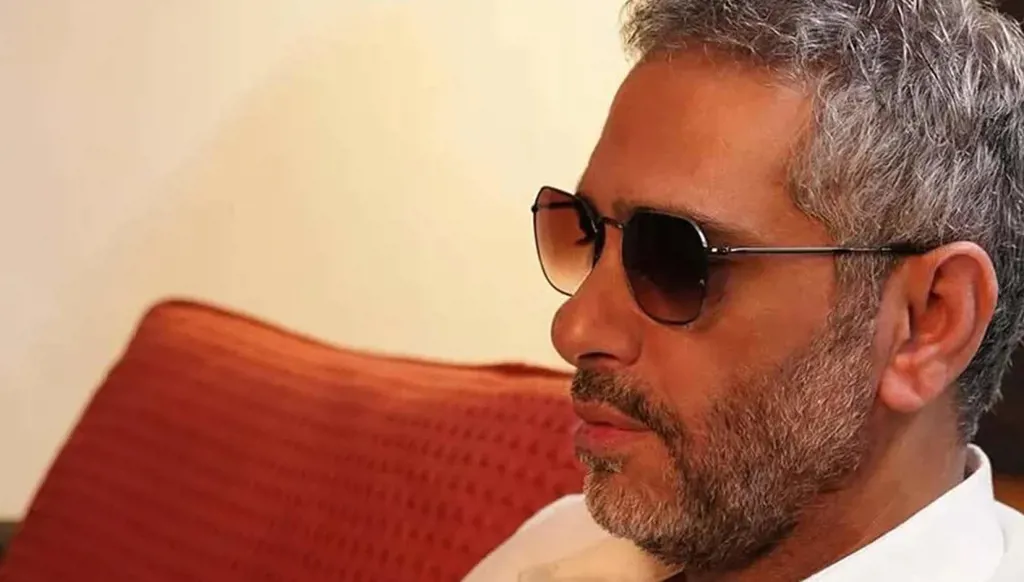
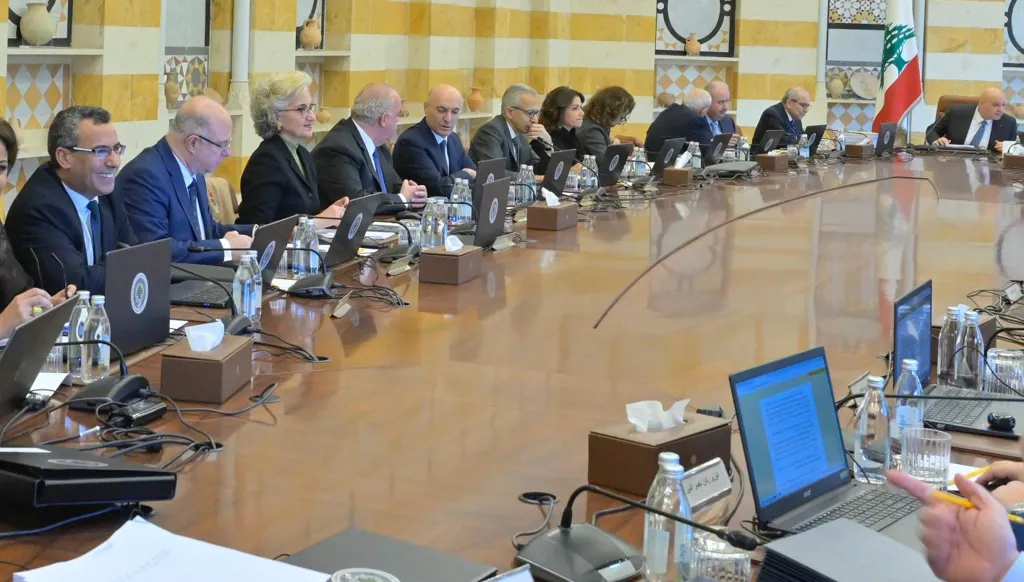
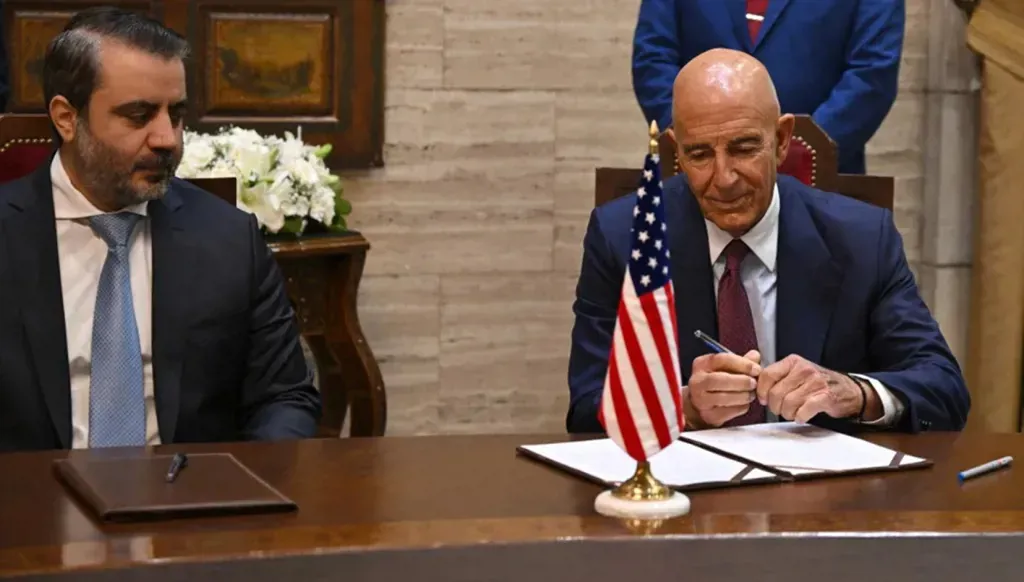
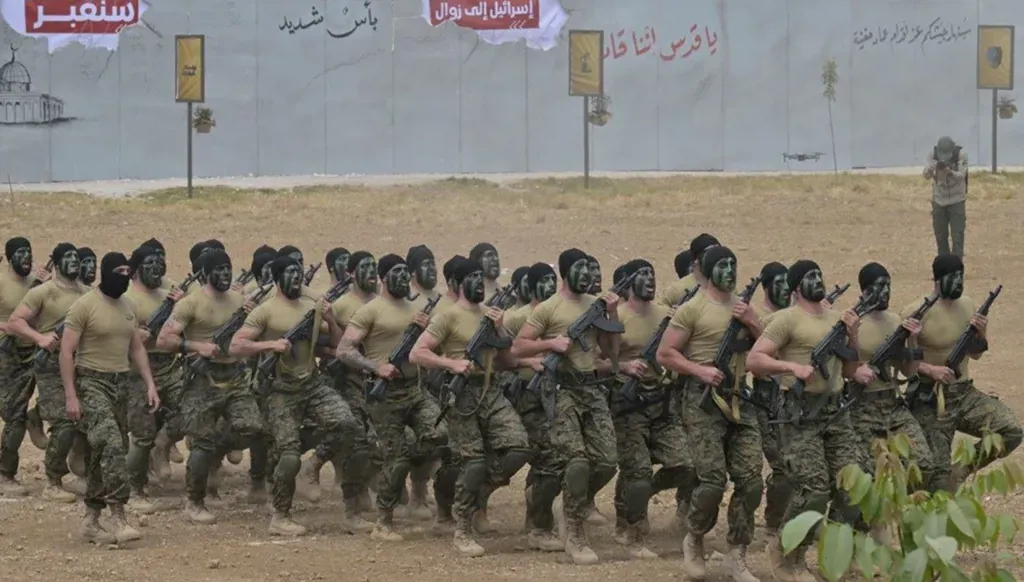

 تویتر
تویتر
 فيسبوك
فيسبوك
 يوتيوب
يوتيوب
 انستغرام
انستغرام
 نبض
نبض
 ثريدز
ثريدز



 مسنجر
مسنجر
 واتساب
واتساب
 بريد إلكتروني
بريد إلكتروني
 الطباعة
الطباعة


